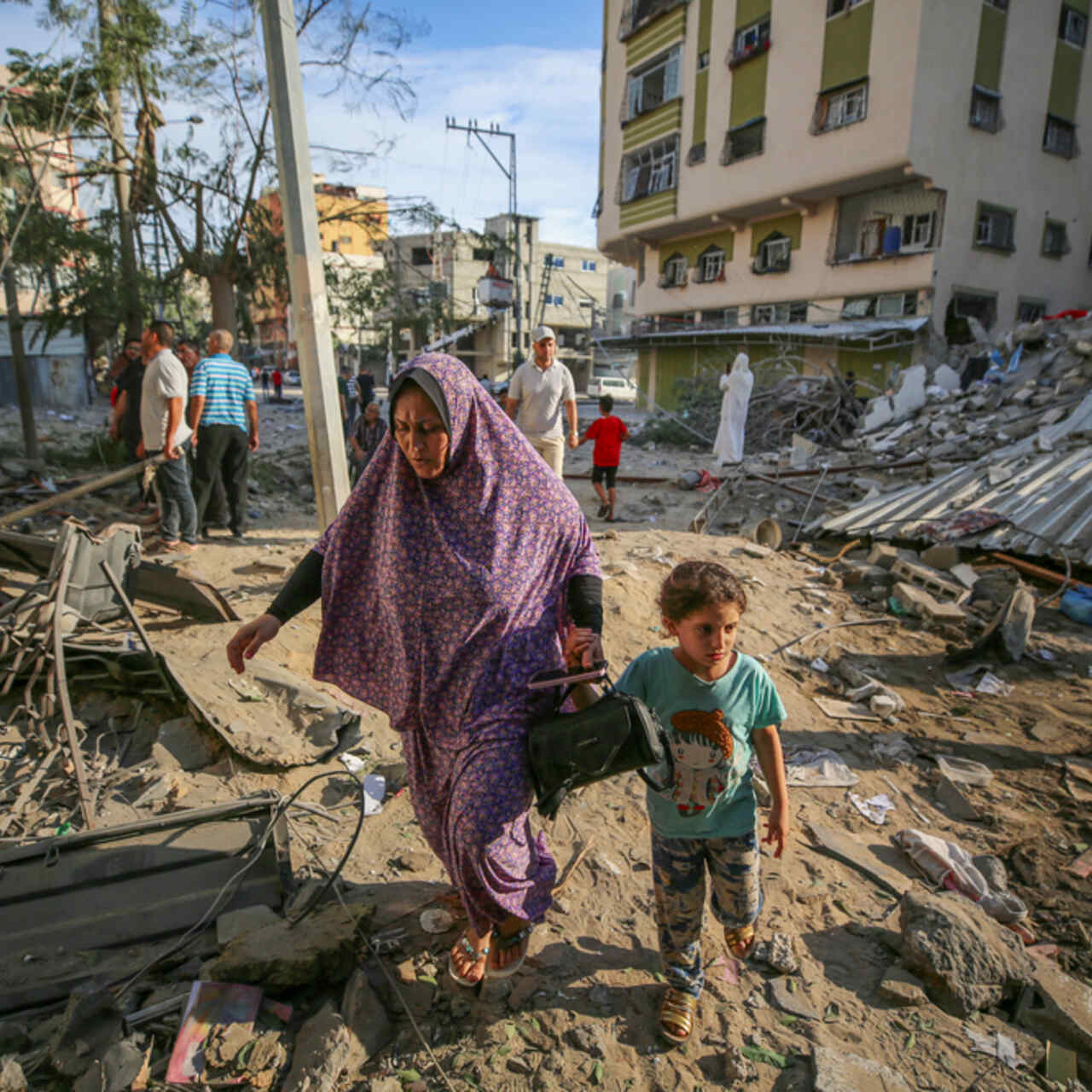
Why is international humanitarian law important?
Attacks on civilians and other violations of international humanitarian law reflect a growing trend in conflicts around the world.

Attacks on civilians and other violations of international humanitarian law reflect a growing trend in conflicts around the world.
The International Rescue Committee (IRC) is horrified by the mounting civilian toll and the destruction of residences and public infrastructure as violence continues across Israel and the occupied Palestinian territory (oPt). Even before the recent escalation, 80% of Gaza was in need of humanitarian aid and 95% of the population did not have access to safe water.
The International Rescue Committee (IRC) is calling for all parties to adhere to international humanitarian law (IHL), the rules aimed at regulating conduct and protecting civilians in war. Mass suffering has become all too familiar as these laws are disregarded in conflicts in Ukraine, oPt, Syria, Yemen, the Sahel region in Africa and around the world.
So how does international humanitarian law work exactly? And why is it so important? Get the facts and find out how these critical rules apply to conflicts around the world.
We're horrified by the mounting civilian toll and the destruction of residences and public infrastructure as violence continues across Israel and the occupied Palestinian territory.
— IRC - International Rescue Committee (@RESCUEorg) October 11, 2023
International Humanitarian Law must be upheld. https://t.co/M5hOp2VfbH
International humanitarian law is sometimes called “the law of war” or “the law of armed conflict.” Put simply, IHL consists of rules for armed conflict intended to limit the impacts of violence, whether internal or between states. It protects civilians and those not or no longer involved in the fighting, including medical and religious personnel, wounded combatants, civilian internees and prisoners of war.
The International Committee of the Red Cross writes that IHL seeks to “preserve a measure of humanity amidst conflict, with the guiding principle that even in war there are limits.”
Even in war there are limits.
IHL is established through treaties such as the Geneva Conventions (established in the aftermath of World War II) and their additional protocols, as well as “customary international law” (established practices not outlined in treaties, but widely accepted as a legal obligation).
International humanitarian law forbids intentional attacks on civilians. Targeting them or critical civilian infrastructure–such as hospitals–could constitute a war crime. It also prohibits attacks on military objectives that do not take adequate precautions to avoid collateral harm to civilians.
It prohibits torture and ill-treatment of people in detention, attacks on humanitarian or medical workers, and the use of certain weaponry such as chemical or biological weapons. It also covers the obligations parties to conflict have when it comes to allowing humanitarians to reach people in need.
These are just some examples of what IHL covers. You can read more about violations of international humanitarian law here.
IHL applies when there is an armed conflict. There are rules that govern conflict between two or more states and others that apply when the conflict is between actors within a state, such as in a civil war or a conflict with non-state armed groups. IHL applies to all parties in a conflict, no matter who started it.
IHL applies to all parties in a conflict, no matter who started it.
There are a number of different ways IHL can be enforced.
Certain serious violations of IHL can be investigated and prosecuted against responsible individuals by the International Criminal Court in the Hague. Prosecutions can also take place in some domestic courts that have adopted “universal jurisdiction.” That refers to courts deciding to prosecute a crime committed outside its country by people who are not its nationals–but where the crime is serious enough to warrant prosecution anywhere. (The IRC has encouraged states to adopt universal jurisdiction for the prosecution of war crimes.)
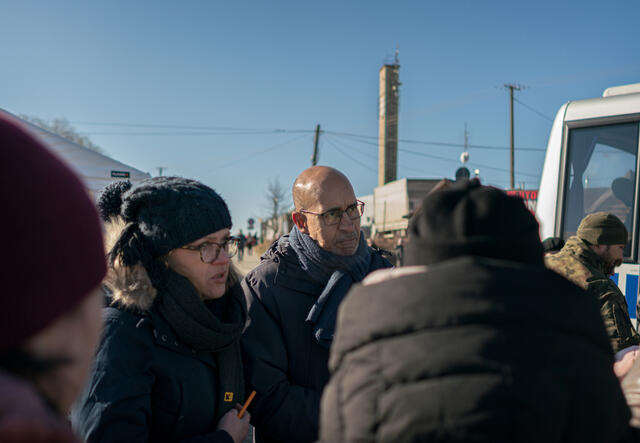
Other measures of accountability include International Court of Justice suits, sanctions, international monitoring or investigative mechanisms and some domestic civil suits. Once a conflict is over, accountability can take the form of a process called transitional justice, which is intended to redress legacies of abuse and could include a combination of criminal prosecutions, truth commissions and reparations.
Far too often, there is no accountability and violations of international humanitarian law are allowed to continue. The IRC has called for the need to end the “age of impunity” where laws intended to protect civilians are seen as optional.
The IRC and other aid groups have called for “humanitarian access” in Ukraine and other conflicts. This refers to the ability of aid organizations to reach all people in need.
IHL says that if parties to the conflict are unable to provide for civilians and people who are no longer participating in conflict, then humanitarian organizations may offer to provide impartial services to those in need. In that case, the state should not “arbitrarily withhold consent” – they should not deny permission without good reason. In a situation of occupation by a foreign state, relief actions must be authorized when civilian populations are without adequate supplies.
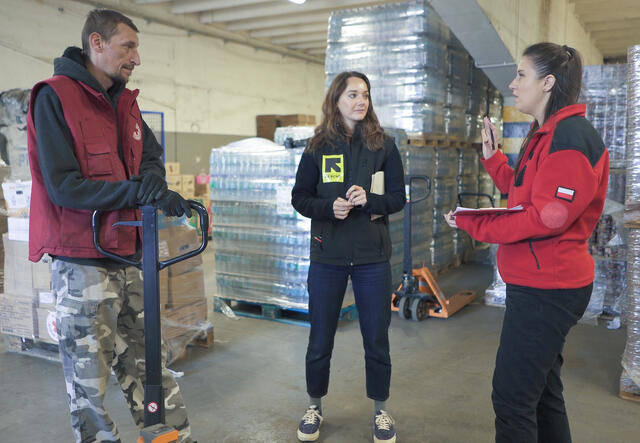
Accepting an offer of aid is not enough. In order for assistance to be effective, aid workers and relief supplies must be able to reach those in need. Humanitarian action may be blocked only temporarily, and for reasons of direct military necessity.
IRC CEO and president David Miliband has warned of “what has become the brutal standard of warfare for a range of combatants around the world.”
Learn about ongoing conflicts where IHL is under threat and being violated:
The IRC is deeply concerned by the dramatic escalation of violence and mourns the extensive loss of civilian life in both Israel and the occupied Palestinian territory (oPt). In the October 2023 escalation of violence, more than 8,500 people in Gaza have been killed and an estimated 21,500 have been injured. In Israel, more than 1,400 people have been killed and over 5,400 have been injured.
Even before this escalation, half of the population in the oPt was in need of humanitarian assistance and more than 80% of the population in Gaza was dependent on it. Humanitarian conditions are now deteriorating even further. The IRC is currently assessing needs on the ground and our capacity to ensure critical, life-saving humanitarian relief reaches affected civilian populations.
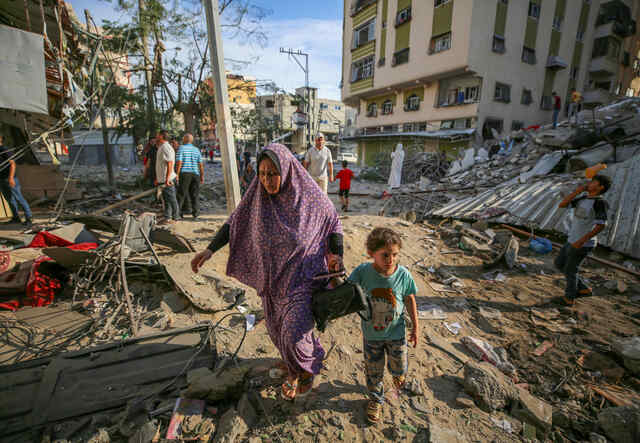
The IRC strongly supports the UN Secretary General’s call for IHL to be upheld; to protect civilians and civilian infrastructure at all costs; to allow full and unrestricted access to aid for civilians in Gaza; and to mobilize the international community to provide immediate humanitarian support for those that need it.
As the war in Ukraine continues, civilians are being injured and killed at alarming numbers. Some 5.1 million people are internally displaced within Ukraine, while more than 6.2 million Ukrainian refugees have fled the country.
Attacks have targeted civilian infrastructure. There have been over 1,000 attacks on health care facilities and 2,500 attacks on schools recorded.
Almost 10,000 civilians have been killed.
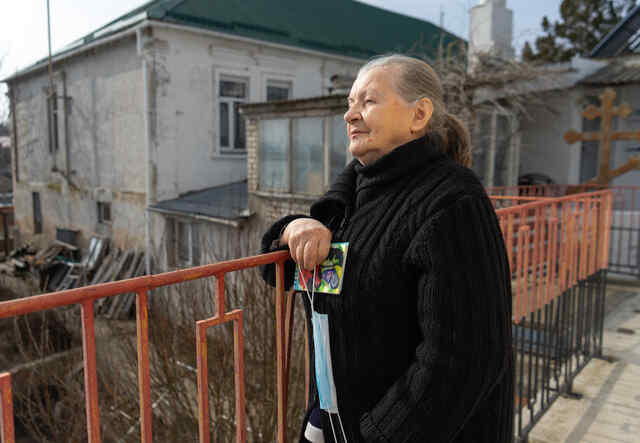
The IRC’s lead global crisis analysis lead, George Readings warns, “Escalation could witness use of weapons and tactics that cause even greater loss of civilian life. We have seen similar shifts happen in other conflicts, where civilians paid the highest price for violations of international humanitarian law committed with impunity.”
Learn more about the IRC’s work in Ukraine.
After 11 years of conflict, Syria has become “a prime case where violations of international humanitarian law have become the norm,” according to Miliband.
Fighting in Syria continues to have a devastating toll on the Syrian people, with hundreds of thousands killed or injured, and hospitals, schools and other critical infrastructure destroyed. Despite the fact that health facilities and health workers are protected under IHL, the advocacy group Physicians for Human Rights (PHR) has verified more than 600 attacks on 400 health facilities in Syria since 2011. PHR also documented the killing of at least 945 medical staff since the start of the conflict, as well as the systematic detention and torture of health workers. A report released by the IRC last year found that 81 percent of health workers had a colleague or patient injured or killed in an attack.
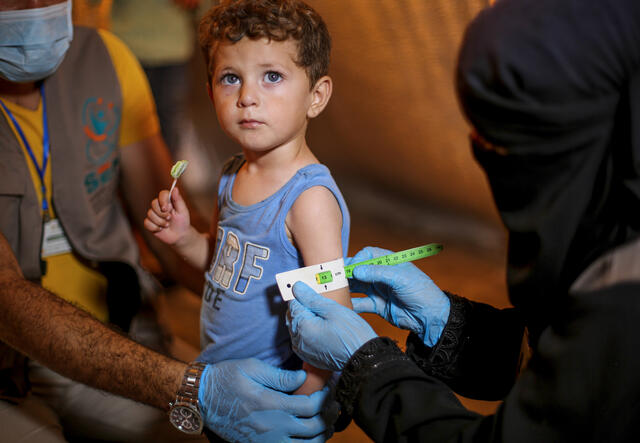
Nearly half of all health facilities (along with half of the sewage systems) in Syria are currently dysfunctional and many more are in need of repair. The destruction has greatly limited the country’s ability to respond to the COVID-19 pandemic. Syria is now facing hunger, drought and a collapsing economy while humanitarian needs have reached record highs.
The violations of IHL in Syria have been painstakingly documented by civil society organizations, human rights groups, and international bodies, but little action has been taken to hold perpetrators accountable.
Learn more about the IRC's work in Syria.
The war in Yemen has also been defined by attacks on civilians and critical infrastructure.
Despite a truce and a dramatic reduction in violence since early April, nearly seven years of conflict have led to one of the worst humanitarian crises in the world.
A reported 229 schools and 148 hospitals have been damaged by conflict or used for military purposes in Yemen since 2015. Despite the fact that more than 20 million Yemenis are in need of humanitarian aid, all sides in the conflict have restricted access to this critical help–itself a violation of IHL.
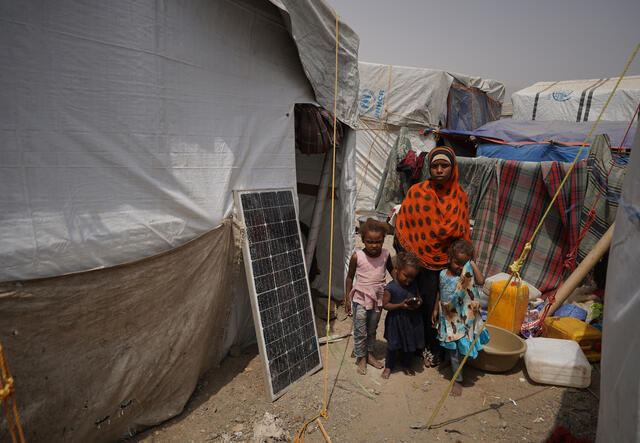
The April truce agreement saw a major shift from the surge in violence in December and January 2021, which made April 2022 the first month with zero air raids in over seven years, since February 2015.
While the truce has seen an important reduction in civilian harm, accountability remains lacking. In October of 2021, one of the sole methods of accountability was discontinued. The Group of Eminent Experts (GEE), established by the UN Human Rights Council in 2017, was the only international, impartial, and independent body reporting on rights violations and abuses in Yemen. Soon after its dissolution, Saudi coalition bombing rates increased by 43 percent. Civilian casualties soared; January 2022 was the most violent month in the country in five years.
“The disbanding of the GEE is a damning example of political interest taking precedence over the rights and safety of civilians, over international law itself, and of the impunity which has come to characterize so many of the world's worst conflicts, including Yemen,” said Miliband.
On top of all of this, the war in Ukraine threatens to further worsen the hunger crisis in Yemen. The beleaguered country imports 22 percent of its wheat from Ukraine and a disruption to this supply could cause food prices to become out of reach for even more Yemeni families.
Learn more about the IRC's work in Yemen.
The Sahel is a region in Africa that includes parts of the countries of Burkina Faso, Mali and Niger. All three have been facing soaring levels of violence in recent years, as militias and other non-state armed actors target civilians.
In Burkina Faso in particular, 2021 saw some of the deadliest attacks on civilians in recent years, with numbers 800% higher than in 2017. Under these conditions, people are being forced to flee their homes, with 1.4 million internally displaced in Burkina Faso alone.
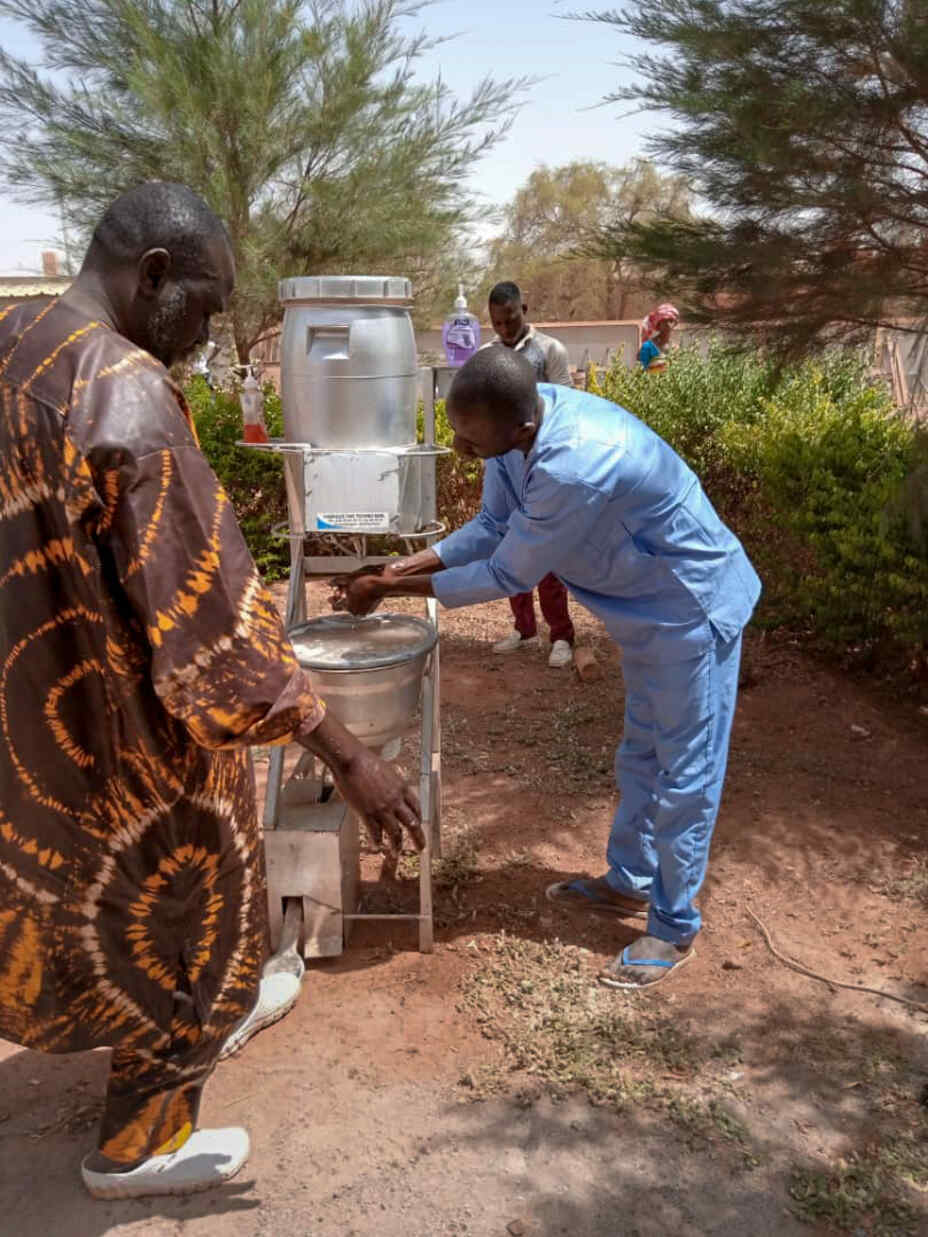
Niger has also seen the killing of civilians. In March 2021, three attacks by armed groups within ten days caused the deaths of at least 200, including at least 28 children.
“Civilians should never be a target, especially children, and this fundamental principle must be upheld in conflict situations by all parties,” said the IRC’s Niger senior emergency coordinator Aboubakar Pefoura, in a statement responding to the attacks.
Learn more about the IRC's work in Burkina Faso, Niger and Mali.
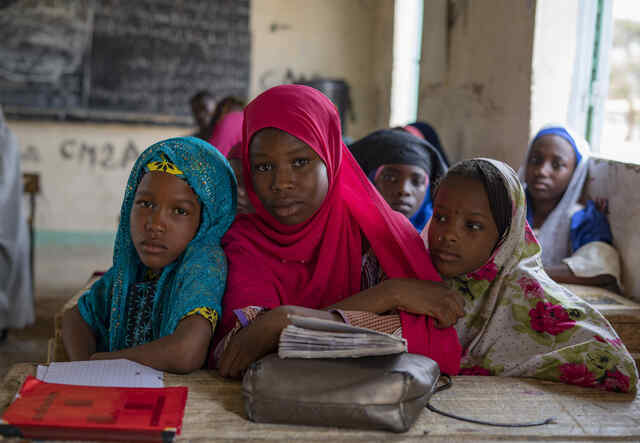
Miliband wrote about the need to be vigilant when it comes to violations of international humanitarian law around the world.
“It is…vital that civilians also suffering in other places don’t pay the price in loss of attention and resources,” he said. “The opposite should be the case. Support for Ukrainians should not come at the expense of Afghans, Yemenis, Ethiopians, or Syrians who face equally brutal tactics and disregard for the laws of war.”
“Support for Ukrainians should not come at the expense of Afghans, Yemenis, Ethiopians, or Syrians.”
Too often, violators of international humanitarian law face no consequences. The IRC is calling for an end to an era in which laws intended to protect civilians are seen as optional.
We have also called for more support for humanitarian workers who need to reach the most vulnerable people in crisis areas but are hindered by parties to a conflict. In his essay for Time, Miliband advocated for the General Assembly of the United Nations to establish an independent panel to monitor humanitarian access in Ukraine.
Miliband also called for these efforts to be supported worldwide with the establishment of an Organization for the Protection of Humanitarian Access, a body that would call out what he refers to as the “strangulation and weaponization of humanitarian aid” in conflict zones.
This “age of impunity” must come to an end.
It is critical that we support people around the world facing conflict and crises. Please make a gift now to support the IRC's life-changing work.